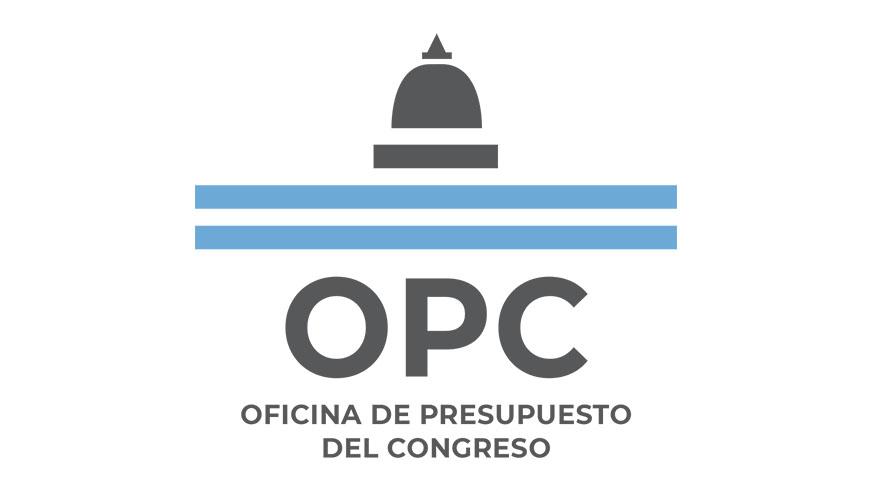The purpose of Bill S-1111/2019 is to establish the Regulatory Framework for Local Fairs of Family Farming and Social Economy aimed at promoting and encouraging the consumption and direct trading of regionally produced agri-foods and produce to consumers throughout the national territory by regulating the organization of material means and human resources for that purpose.
The Bill includes several measures that involve increased budgetary expenditures. Based on the assessment carried out, the measures with fiscal effect for the national government are related to the actions for holding the fairs (Sections 2 and 6), and to credits and subsidies (Section 5). Based on the definition of its scope of application, the beneficiary population, and the items to be financed by the national government, an annual cost of AR$7.71 billion is estimated.
Meanwhile, Bill S-1112/2019 creates the Public Procurement Policy for the Development and Promotion of Family Farming to establish a regulatory framework that guarantees the purchase preference of Family Farming products and sets the requirements to be complied with in public procurements involving the national government.
The Public Procurement Policy provides for a series of requirements that public procurements must comply with in relation to the productions of Family Farming. Among them, a minimum market reserve of 30% is established for those purchases of food goods coming from production units, registered in national registries, when there is supply.
In principle, a fiscal impact is not identified for this Bill, but rather a redirection of spending.
It is estimated that training, dissemination, technical and financial assistance, and support for Family Farming producers may be carried out with existing resources. Trainings may be developed in coordination with INTA, SENASA and other specialized public or private institutions.

